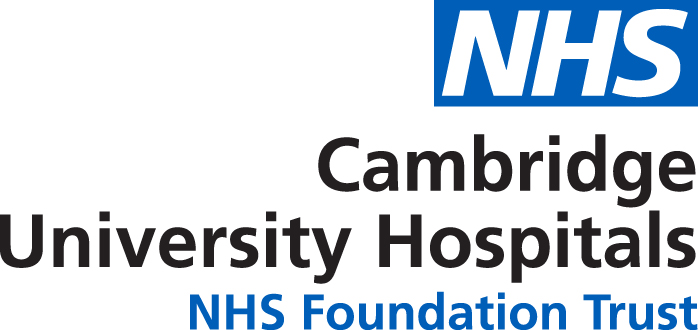

This is the ninth UK ILAE (International League Against Epilepsy) EEG course since 2011. In 2016 the course was expanded to include EEG and Seizure semiology. Our aim is to provide an EEG course for non-neurophysiologists that teaches:
(a) The basic principle of EEG interpretation;
(b) Clinical settings in which a routine EEG will provide useful information and those in which it will not, and
(c) Recognition of different seizure types and accompanying EEG changes.
We appreciate that neurologists in the UK do not routinely report EEG, however it is well recognised that a lack of understanding of EEG is a major contributor to the misdiagnosis of patients wrongly labelled as having epilepsy. Better knowledge of EEG interpretation and clinical utility will have a direct impact on improving your management of patients with possible seizure disorders and increasing efficiency of EEG services.
Further more, the diagnosis of epilepsy is still founded on the clinical history often from witnesses with no neurological background. Understanding the features of different seizure types, and the information these features may give about the underlying epilepsy syndrome is fundamental to the management of epilepsy, including increasing access to epilepsy surgery in appropriate patients. We have structured this part of the course to include the common pitfalls (‘red flags’) for each seizure type.
The course is designed primarily for neurologists and paediatric neurologists, but would also be of interest to intensivists and learning disability psychiatrists who commonly encounter epilepsy in their practice. We will assume no prior knowledge of EEG, but those with some experience of EEG will also find this a useful refresher course, and tutorial groups will be matched on experience.
The course will run over 3 days and comprises a series of short lectures followed by tutorials with hands-on reviewing and reporting of EEG and seizure examples in small groups of 5-6 participants, each group with their own workstation facilitated by a tutor. The course faculty consists of neurologists and neurophysiologists expert in EEG who are able to advise on both technical and clinical aspects of EEG.
The course is modelled on the successful Australia and New Zealand Association of Neurology (ANZAN) EEG course run by Dr Andrew Bleasel (Director of Epilepsy Unit, Westmead Hospital Sydney) and Professor Ernie Somerville (Director of Epilepsy Services, Prince of Wales Hospital, Sydney).
At the end of the course participants will be able to:
1. Interpret and localise EEG activity using different EEG montages.
2. Identify the range of normal variants of the routine adult and paediatric EEG in wakefulness and sleep.
3. Identify epileptiform and non-epileptiform abnormalities on the EEG.
4. Select appropriately when to order an EEG.
5. Distinguish the role of EEG in epilepsy and non-epilepsy neurological disorders.
6. Utilise EEG in intensive care and suspected non-convulsive status epilepticus.
7. Employ EEG to influence the clinical management of patients with epilepsy.
8. Recognise semiological features of different seizure types
9. Interpret and localise ictal EEG of different seizure types
10. Be aware of ‘red flags’ when determining seizure types and seizure localisation
As you will see from the attached programme, the venue is in the lovely Clare College, Cambridge. Please see the application form for the Fee Schedule.
The course registration fee includes course handbook, Monday and Tuesday night accommodation (B&B), lunches and a course dinner.
Please note that all applications will be vetted before acceptance by course organisers, and confirmed only on receipt of payment. The number of attendees at this meeting is limited to 40.
We look forward to welcoming you in March 2024.
Yours sincerely,
Dr Andrew Michell, Dr Tejal Mitchell and Dr Rachel Thornton